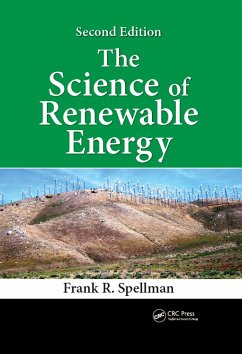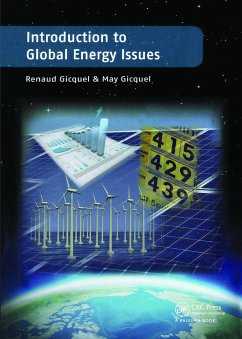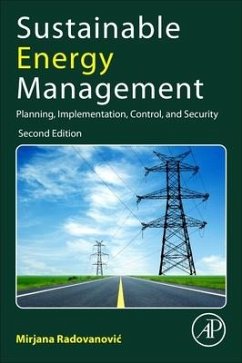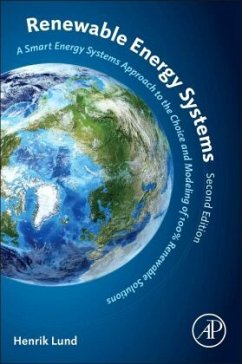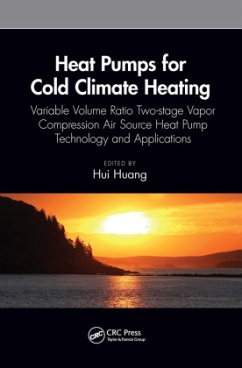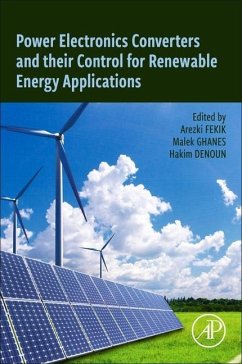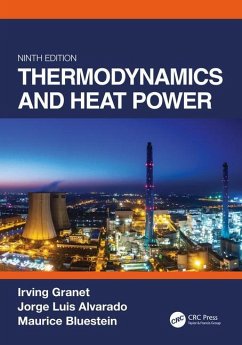
Energy Efficiency and Renewable Energy Handbook
Versandkostenfrei!
Versandfertig in über 4 Wochen
440,99 €
inkl. MwSt.
Weitere Ausgaben:

PAYBACK Punkte
220 °P sammeln!
This book has been a bestselling reference in its first edition; the new second edition represents a thorough updating of the contents to reflect the major trends and technologies in energy engineering. There is added coverage of nuclear energy and its place in energy systems, a chapter on natural gas, and extensive coverage of energy storage for various types of energy generation and a new section on sustainability management. Existing chapters have been updated, and the newest data is supplied for reference.





